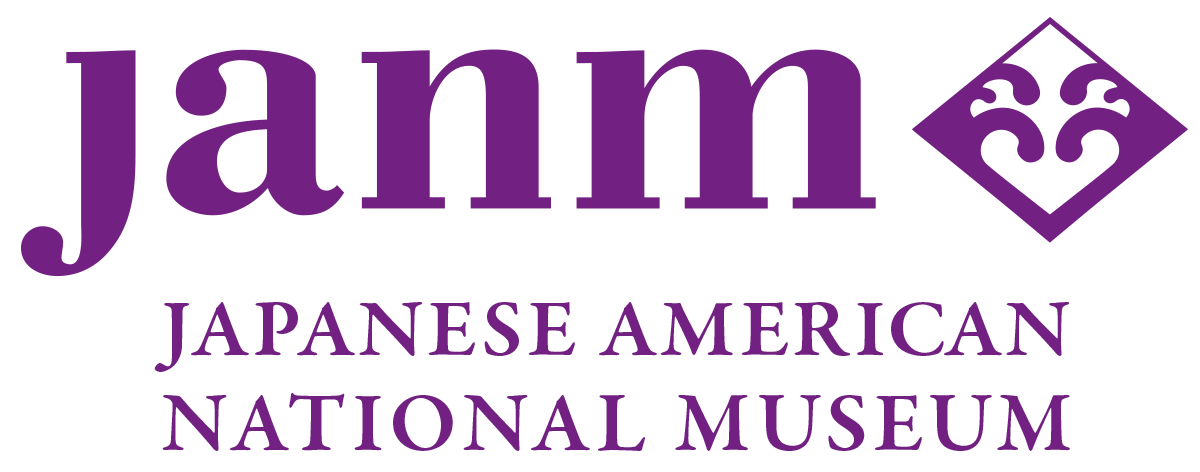FOR IMMEDIATE RELEASE - November 2, 2010
PRESS CONTACTS:
Chris Komai - ckomai@janm.org - 213-830-5648

DOCUMENTARY ON AUTHOR MICHI WEGLYN TO BE SCREENED SUNDAY, NOV. 7 AT MUSEUM
Author of 'Years of Infamy' Changed Attitudes, Enabled Japanese American Redress in 1988
The documentary, "Out of Infamy: Michi Nishiura Weglyn", which profiles the life of a Japanese American woman who became a successful costume designer, but left her mark as the author of a landmark book on the World War II mass incarceration of thousands of people of Japanese ancestry, will be screened at the Japanese American National Museum on Sunday, November 7, beginning at 2 p.m.
Weglyn was a successful designer of costumes and clothing and worked on "The Perry Como Show" and other television productions. But she is best remembered as the author of the seminal book, Years of Infamy: The Untold Story of America’s Concentration Camps (1976), one of the first histories about the government’s unlawful imprisonment of 120,000 Americans of Japanese ancestry. Weglyn, who was born in Stockton, was a teenager when she and her family were forcibly removed from California into one of the 10 major government camps.
Her husband Walter is credited with encouraging his wife to write the book at a time when many Japanese American parents and grandparents were reluctant to discuss the war with their own families. Walter was a Dutch child survivor of the Nazi Holocaust and was passionate about ensuring that history about such events was told clearly and truthfully.
The documentary is produced, directed and written by Nancy Kapitanoff and Sharon Yamato. The film provides insight into Michi and her challenge to overcome the government’s campaign of misinformation that made even some of the former inmates believe their treatment was justified by the war.
"Hers is an American success story, not just an Asian Pacific American success story," said Yamato, in describing why she has decided to devote so much of her time to Michi’s life. "Before Michi, most people believed that there was a military necessity for interning Japanese Americans. Through years of research and writing, Michi proved that was false. More than any other single individual, she paved the way for the redress movement and showed us that the efforts of one visionary and dedicated person can indeed make a difference."
Japanese Americans were able to get an official government apology and reparations for their unlawful removal when President Reagan signed the Civil Liberties Act of 1988. Weglyn’s book helped spur on the grassroots movement for redress in the 1970s, which led to the Commission on Wartime Relocation and Internment of Civilians (CWRIC) hearings in 1981 and eventually successful legislation in 1988.
This program is free to National Museum members or with general admission.
